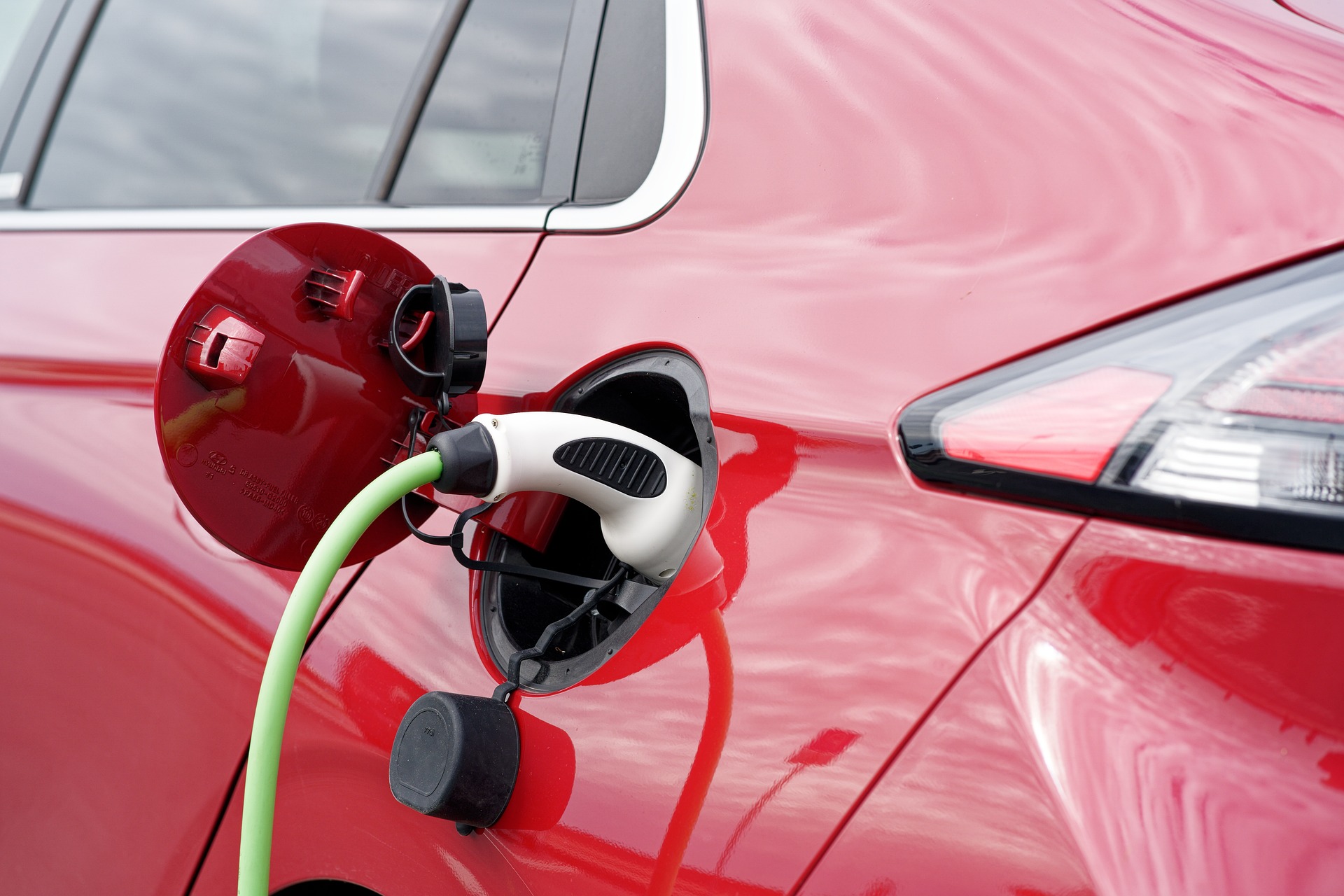 Electric and hybrid (EV) vehicles are growing in popularity among drivers in the UK, providing greater convenience, lower fuel costs, cheaper road tax – and often lower repair bills than traditional diesel and petrol fuelled cars. But many would-be EV car owners also face challenges setting up an EV charging point at home. In this article, we look at the main issues to consider and what you can do to overcome them.
Electric and hybrid (EV) vehicles are growing in popularity among drivers in the UK, providing greater convenience, lower fuel costs, cheaper road tax – and often lower repair bills than traditional diesel and petrol fuelled cars. But many would-be EV car owners also face challenges setting up an EV charging point at home. In this article, we look at the main issues to consider and what you can do to overcome them.
1. Access
EV charging points must be installed within easy access to your home’s driveway or garage, and so that they can be integrated with your home electrical wiring system. This poses an access problem for many older homes and for properties without a dedicated driveway – e.g. if you only have on street parking, or if it is difficult to wire up an EV charging point in your home.
2. Installation
Most home wiring systems are not designed for the high voltage charging requirements of electric vehicles, so installing a home charging station can require expensive modifications to your infrastructure to avoid safety issues. Some homes simply do not have the electrical capacity to support an EV charging system, which may require upgrading the electrical service.
3. Cost
The cost of charging an electric vehicle is a big barrier to many homeowners at the moment and has somewhat stalled the uptake of electric vehicles since the beginning of the Ukraine War. However, there are some alternatives for EV vehicle owners who can’t afford a home charging point, including The Workplace Charging Scheme (WCS) for employers who install an EV charging station for their employees.
4. Safety
As complex, power-intensive charging applications, EV charging stations require professional installation to ensure the safety of the homeowner and the charging station, avoiding mechanical and electrical faults, and minimising the fire risk. Always choose an accredited and experienced electrical contractor to install your home charging points, such as Lowe & Oliver.
5. Limited Charging Rate
Some electrical vehicles have greater power and charging requirements than others, which can affect charging capacity and the time it takes to charge the vehicle. Some home charging stations have limited charging rates, rendering them unsuitable for some types of EV car – be sure to check with your car vendor about the charging requirements before selecting an EV charging station for your home.
Financial Support With Home Electrical Vehicle Charging
Since September 2014, the UK government has offered financial support to homeowners installing EV charging points on their properties through the Electric Vehicle Homecharge Scheme (EVHS). The publicly funded initiative was set up to encourage more people to transition to electric cars by providing up to 75% off the upfront cost of the home charger and installation fee. By October 2021, the EVHS had paid out over £78 million to homeowners for EV installations.
In April 2022, however, it was announced that the EVHS would be wrapped up from 31 March 2023, and that the scheme would be replaced by a new EV charge point grant scheme. This grant provides up to £350 towards the cost of purchasing and installing a home EV charging point, and can only be claimed once per eligible vehicle – so owners of multiple homes will not be able to apply for a grant for each of their properties.
What Next?
At Lowe & Oliver, we provide safe and cost-effective EV charging point installations for homes and businesses across the UK. To find out more about our EV charging station installation and maintenance services, please request a call back from one of our experienced team.
Image Source: Pixabay




